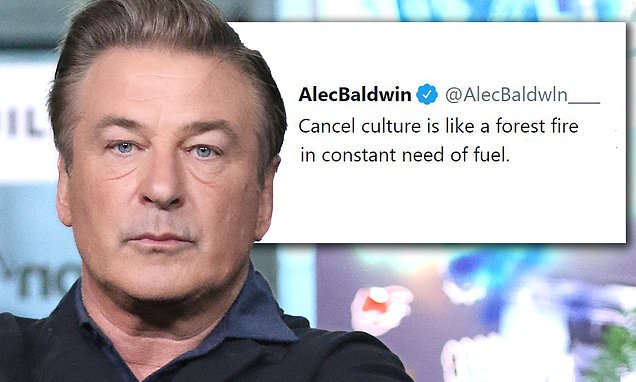
Back in the summer of 2020, the 1939 Oscar-winning Gone With The Wind was removed from HBO Max, after 12 Years A Slave screenwriter John Ridley, who won the best adapted screenplay Oscar for his work, wrote a column in the Los Angeles Times saying it should not continue to be shown because of its racist depictions. This removal was not only trying to obliterate a great chunk of American history — the Civil War (1861–1865) and the Reconstruction Era (1865–1877) — but also the context in which the film was made: the Thirties. History is a testament of good and evil, especially the latter. To pretend something does not exist will not make the present or future more virtuous. In fact, racist white supremacy movements did not cease to exist in America after what one may call an act of censorship. As a result, the streaming service HBO Max returned the classic film Gone with the Wind to its library, with a disclaimer on FOX Classics that denies the horrors of slavery. Furthermore, the film page now includes extra videos contextualising its portrayals of slavery, including an introduction from Turner Classic Movies’ Jacqueline Stewart and a panel discussion about the film’s complicated legacy.
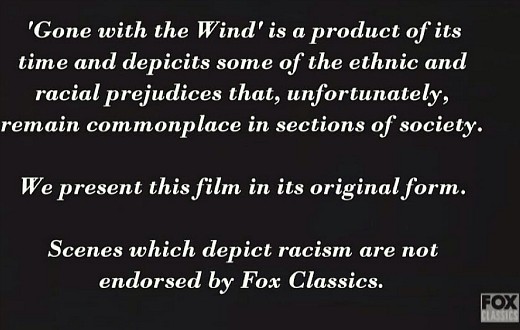
However this urge from United States Entertainment corporations to remove whatever artistic expression have, or might have, an ambiguous interpretation has been growing ever more — some would say it is out of control. Woody Allen’s sexual abuse allegation went to trial in the Nineties, and the filmmaker has never been charged with that crime. The feud between The Farrows vs. The Allens, has continued through op-ed pieces by Dylan Farrow and Ronan Farrow, who have extensively accused their father, or through hideous revelations on how Mia Farrow behaved at home (chronicled in Woody Allen’s memoir Apropos of Nothing and testimonies of his wife Soon-Yi Previn and his son Moses). Despite the issue had already been handled in the proper venues — courtrooms — the media has been acting as pillory, condemning a man without having any proof, but simply taking the side of the Farrows, by not distributing Allen’s latest works in the USA: A Rainy Day in New York and Rifkin’s Festival. Some actors have even declared to regret having worked with Mr. Allen. In this case no one except the parties involved know the truth; but also when we think about someone who has been declared guilty by the law, like Roman Polanski who was convicted for rape of a minor, the rest of us, as mere spectators, should perhaps judge the artwork and not the man. If not, also Caravaggio’s works should be banned from the face of the earth, since he had a notorious reputation for having killed a man and had various accusations of sexual misconducts.
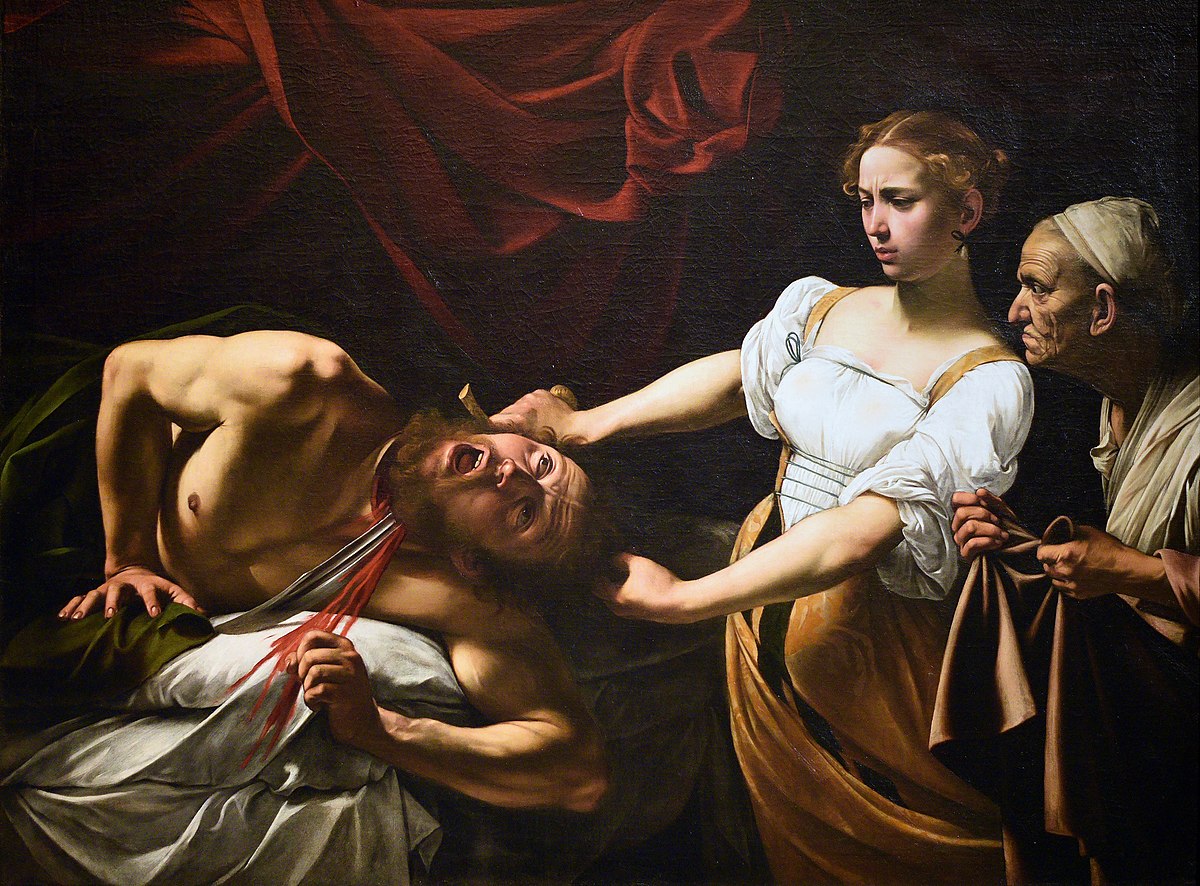
Judith Beheading Holofernes by Caravaggio
Cancel Culture does not kill the evil that is intrinsic to human nature, it is a politically correct manoeuvre that wants to educate through censorship and repression of freedom of expression. It seems quite a paradox, doesn’t it? As a matter of fact, one of the few actors who took Woody Allen’s side in the past, has recently tweeted a firm critique on the entire phenomenon of Cancel Culture. Alec Baldwin recently wrote on Twitter: “Cancel culture is like a forest fire in constant need of fuel. Functioning objectively. No prejudice. No code. Just destroy. The deserving and the undeserving alike.” This message was a reaction to the way his wife, Hilaria Baldwin was under fire for fudging details of her upbringing and using a created accent, including a stumble over the word ‘cucumber’ on the Today Show in 2015.
https://twitter.com/AlecBaldwln____/status/1393221991126036488?s=20
But this is just the tip of the iceberg, if we think how Disney’s 1937 classic Snow White and the Seven Dwarfs has recently triggered a huge controversy around Prince Charming’s kiss not being consensual, because Snow White is asleep, or believed to be dead.
However even this kind of reasoning is wrong, because if one looks closely at the film again, there are three different moments that show how Snow White was enamoured with the Prince. One could even saying she was ‘dying’ to be kissed by Prince Charming — Literally. When she bites the poison apple she makes a wish connected to him, lured by the Evil Queen who asks her if there is someone she loves. Snow White replies “there is someone.”
https://www.youtube.com/watch?v=74FIpczZ4BU&t=95s
Prior to this, we see her at the beginning of the film, flirting with Prince Charming, as he serenades her One Song.
Ultimately, when the Little Men (this is how Disney calls them in a politically correct manner — Europeans like The Grimm Brothers had less concern for these matters and called them “Zwerge,” i.e. Dwarfs), party with her while yodelling, she in turn sings to them: “Someday my prince will come, Someday we’ll meet again, And away to his castle we’ll go, To be happy forever I know.”
One may ask how these three moments, in which she clearly says she wants to move in with Prince Charming for good, lead to a non-consensual kiss? If people were to criticise the movie, they would have to look elsewhere. Perhaps wonder whether Dopey could evoke child labour, or condemn Snow White’s home invasion, which is a serious felony. Maybe this should be the incriminated scene instead of the one of the kiss.
https://www.youtube.com/watch?v=mc6sVY354oQ&t=15s
But provocations aside, artistic expression should have the liberty to express itself, as much as critics and viewers should have the faculty to dislike it or appreciate it. This climate of repression that silences and shuns acclaimed motion pictures, that have marked the history of film, is carried out not by a global referendum that involves every single world citizen. It is an elite of intellectuals and entrepreneurs who make the decisions, and this puts at jeopardy cultural democracy. Some have claimed that Cancel Culture is just another phrase for witch-hunt, for the way it labels artists who may risk not to work again — just like what happened during McCarthyism. Charlie Chaplin was barred from the United States, after being branded a Communist during that era. He was one of many victims of the witch-hunt of the Red Scare, that lasted from the late Forties through the Fifties, that blacklisted artists.
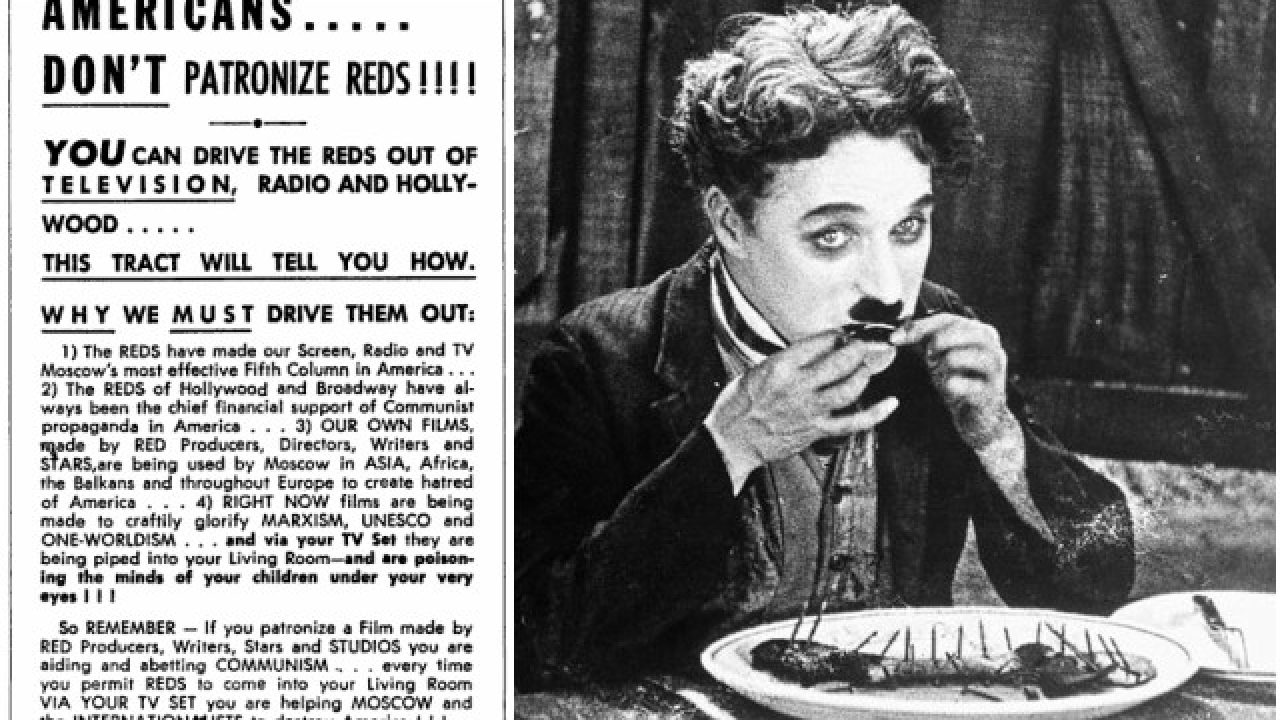
Before that time, American history can boast another witch-hunt, through the Salem Witch Trials as a result of Puritanism. The 17th Century Style Cancel Culture would burn women, simply on the basis of accusation, making subjectivity the measure for objectivity. History has taught us how regimes both Right and Left have acted in the same manner. Today it seems like the new leaders who decide the moral conduct in the field of communications, and allow or remove liberty of expression, are some executives at the helm of media companies. If one were to take a trip down memory lane, one may recall how Tinsel Town has quite a history in censorship: the Hays Code, that was established during the Thirties, was so harsh it triggered self-censorship in many artists.
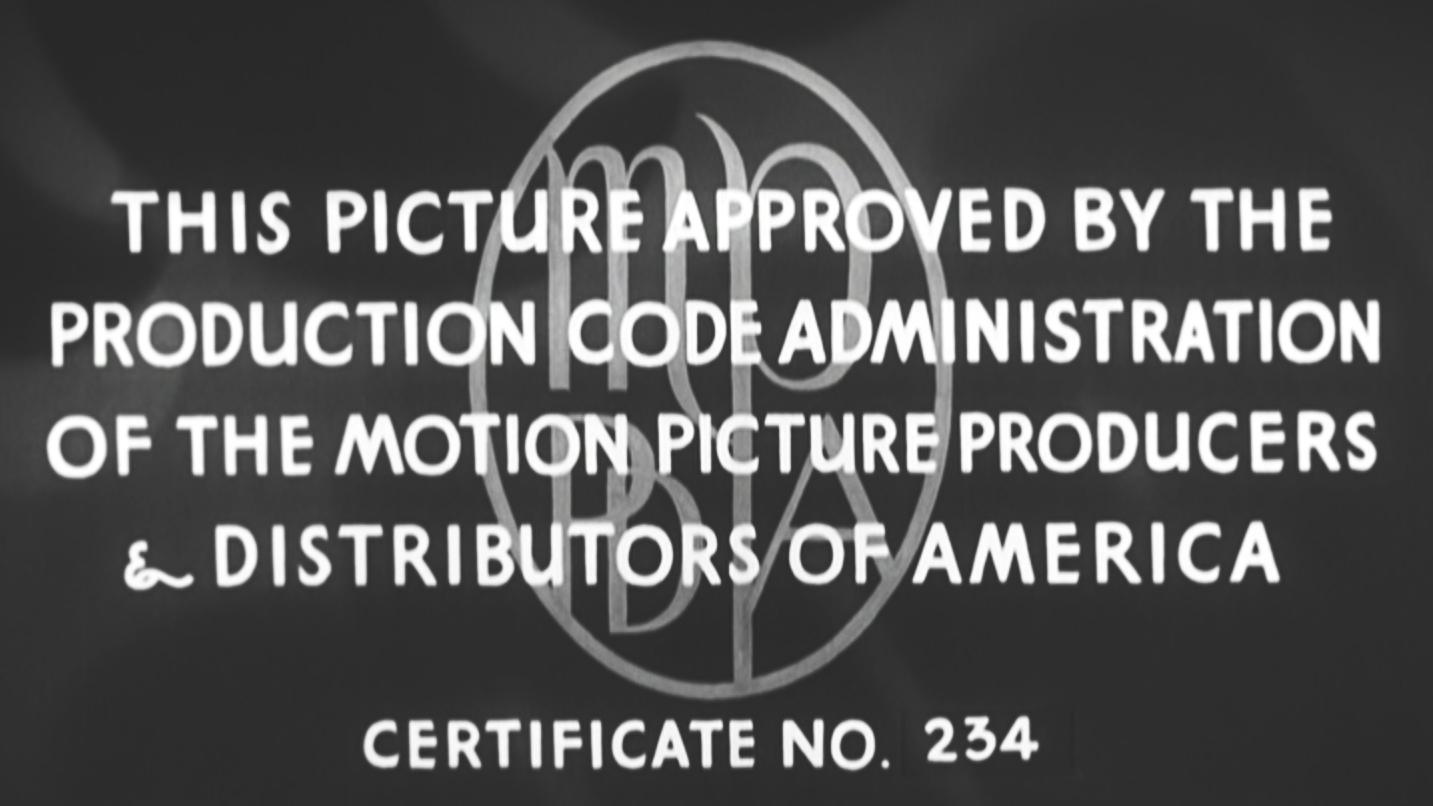
Today we are following in those dangerous footsteps. Cancel culture seems to act in the same way to enforce a new moral code that changes at the whims of social media and entertainment proprietors. One day a nefarious issue may be obliterated from a film, and the following day anything that may upset that elite. Instead of liberating ourselves from the chains of the past, by removing works of art from our heritage we are not righting wrongs, but pretending they never happened, and wronging new rights. Actually Old Rights. Human Rights, that are defined in Article 10 of the Human Rights Act, that says that: “Everyone has the right to freedom of expression. This right shall include freedom to hold opinions and to receive and impart information and ideas without interference by public authority and regardless of frontiers.”
Relativism is undoubtably a complex matter, especially cultural relativism. The ethical theory, which suggests that people’s idea of morality comes from the culture in which they are raised, leads to many questions. It may seem very tolerant, until you start thinking about much more troubling issues like torture, female genital mutilation, the stoning of women who commit adultery, slavery, and so on. But these issues should be condemned in the real world. Abolishing them from the fictional world is another form of repression. If the artist makes a film, or any work of art, that celebrates the wrong values, it should be shared with the world, allowing its viewers to tear it apart with reason, not with suppression.

